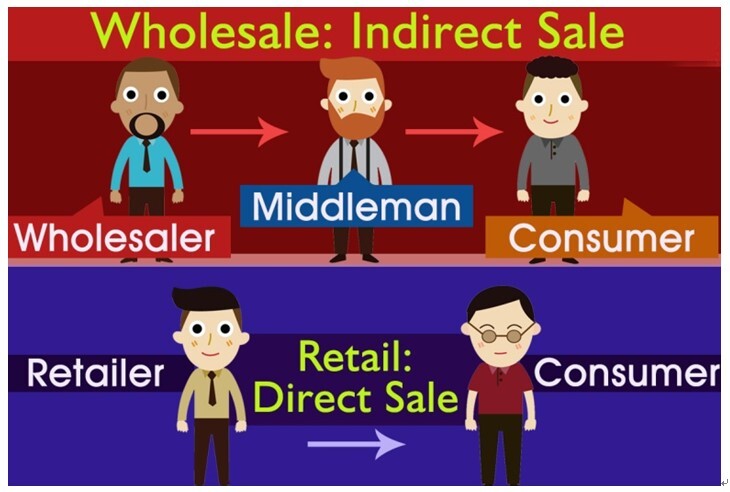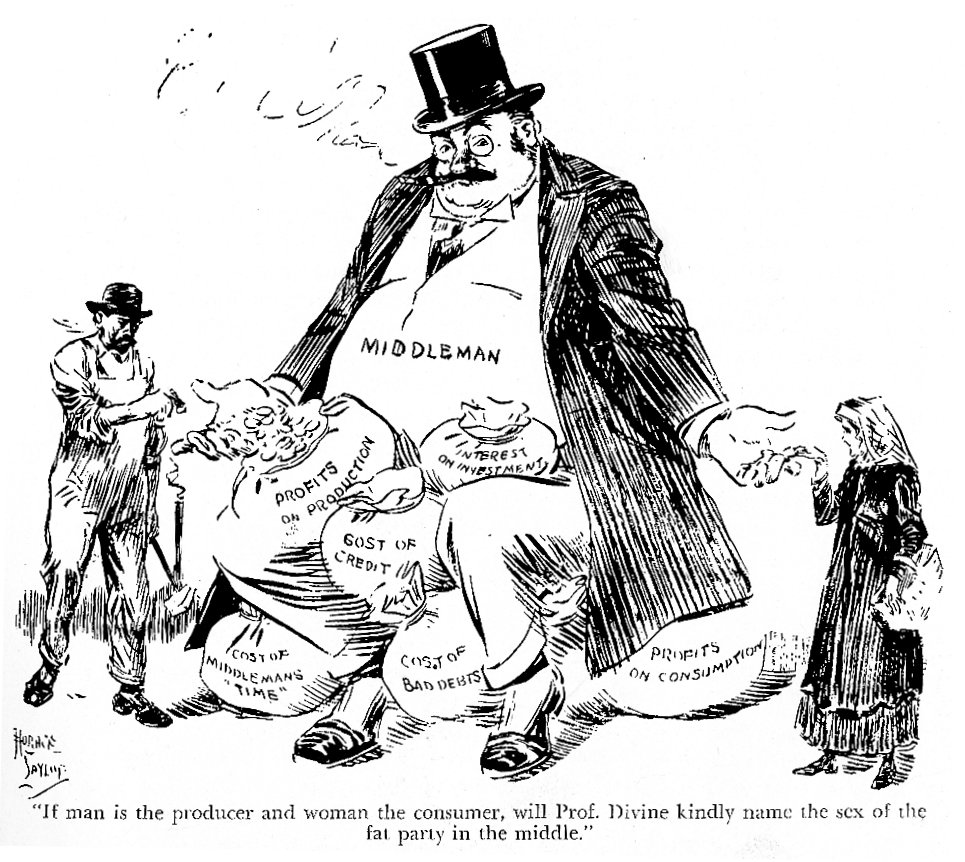

A retailer can give away your shelf space to a competing product that has a higher profit margin.You might be thinking: “Nah, that cannot happen to my business my partners value my product, and I have great relationships with them.” But you would be surprised how quickly these relationships can change. If that business decides not to distribute your message or product, your business may not be able to weather the sudden loss in revenue. Having another business in between you and your customers puts you in a strategically vulnerable position. Issue 1 | Sudden Loss of Access to the Customer Not have the feedback from customers to improve their offering.A sudden loss of access to their customer.Some companies only sell on Amazon or have 95% of their sales through this channel.Ĭompanies dependent on any one channel may get knocked out by either: Beyond retailing products, their Amazon Marketplace is a service where they give access to Amazon’s customers and infrastructure for an even more significant portion of the selling price. Amazon has some of its own products, but mostly sells other people’s products. Jeff Bezos just became the wealthiest man on modern history. A large company in this position is actually worse off than a small company because they have more substantial operating and capital expenses that may make a sudden loss of business harder to recover from (eg. What is a problem is when a business has a significant portion of sales dependant on any one player.īeing in a weak strategic position means that you are vulnerable changes in the future, and a business that can have a significant portion of their revenue go away at any given time is in a dangerous position. People that help you distribute your messages or products to an audience that you would not otherwise have access to is an essential part of doing business. Middlemen aren’t a problem, but being overly reliant on any single one is. This is something a manufacturer could never do directly because a store of only one type of product may not attract any customers. For example, a retailer takes mass qualities of products, divides them up, sends them to stores, and places them with other products so that customers can come and fulfill all their needs in one shop. Use middleman, but try to distribute your business over many of them and develop direct to customer channels in parallel.Ī middleman or an intermediary is someone with a business interest in taking a product, service or message from another business and delivering it to a customer.Īt best, these businesses add value by developing distribution networks to customers the company would not have access to. Their business might be damaged or destroyed by a sudden loss of access to their customer, negotiating from a position of weakness and not have the feedback from customers to improve their offering. Types of communication intermediaries include attention brokers, directories, influencers, ad networks, marketing agencies, and hosts.Ĭompanies dependent on any one channel are in a poor strategic position. Types of supply chain intermediaries include wholesalers, retailers, agents, dealerships, and white Label Buyers. Bad intermediaries can use their position as rent-seeking, adding no value to the process.

Good intermediaries can provide access to customers that a company would not otherwise have the opportunity to serve. Intermediation, or letting other businesses get in the way of customers, can build a brand but put it in a poor strategic position.Ī middleman or intermediary is an individual or company with a business interest in staying between one company and its customer.


 0 kommentar(er)
0 kommentar(er)
